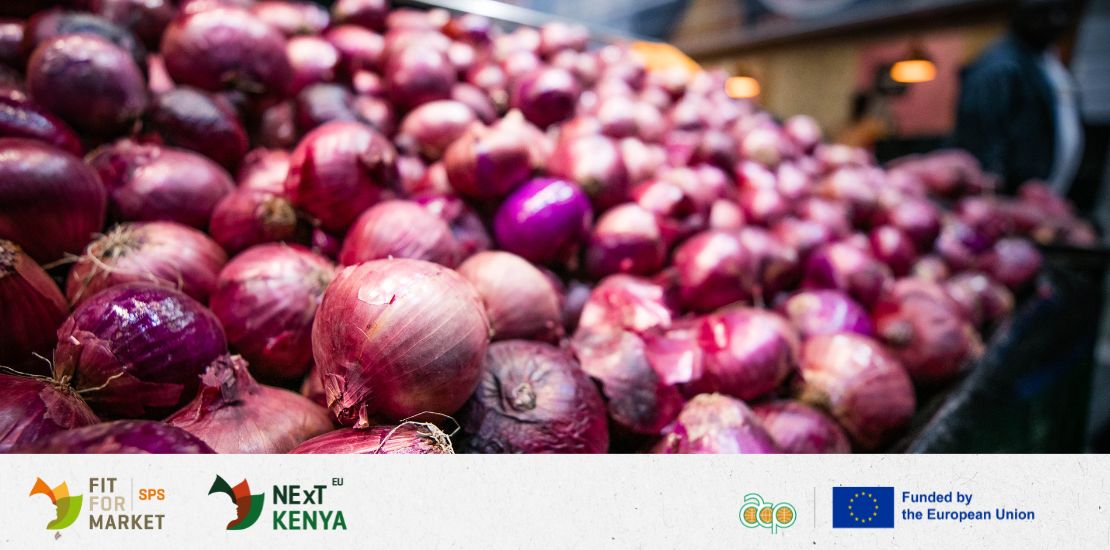- 29/08/2024
- Posted by: Sandra Borma
- Category: News

Benin: new fruit wharf and wholesale market on the way
The Government of Benin, with the support of the World Bank, has launched the construction of a new fruit wharf at Cotonou International Airport. The Project to Support the Competitiveness of the Agricultural Sector and the Diversification of Exports (PACOFID) and the Société d’Infrastructures Routières et de l’Aménagement du Territoire (SIRAT) are the developers of this new facility, and the buildings are due to be delivered in September. The new platform is expected to be operational at the beginning of 2025.
This new infrastructure will be dedicated to the export of fresh and processed agricultural products such as pineapples, horticultural products and cashew nuts, as well as the import of food products. It will provide the operators of the new Calavi wholesale market, currently under construction, with the best possible conditions for handling their products for export. Located within the international airport, these new facilities will guarantee the continuity of the cold chain and will allow the consolidation of goods, health checks and the security of consignments until they are loaded onto aircraft, thanks to: cold rooms, a palletising area, scanners (for imports and exports) and permanent offices for the control authorities.
PACOFIDE and SIRAT carry out technical missions in Europe and Africa to learn about the use of similar facilities, in order to observe and better understand current practices around the world for this type of infrastructure. This enables them to validate the technical choices made for the project and make any necessary improvements. COLEAD’s Market Insights department was asked through the FFM+ programme to facilitate contacts with importers and logistics operators during visits to France, Belgium and Africa (Côte d’Ivoire, Kenya). During visits to Rungis and Roissy CDG on 19 and 20 June, the Beninese delegation, made up of Mrs NATA of the Agence de sécurité sanitaire des Aliments (ABSSA) and Messrs. AMI TOURE of Aéroports du Bénin (SAB), HOUEGBAN (PACOFIDE) and LASSISSI (SIRAT), accompanied by representatives of SEMMARIS (manager of the Rungis international market and technical partner in the construction of the Calavi wholesale market), visited the warehouses of two importers (S.I.I.M. and Compagnie Fruitière) and the Air France KLM G1XL cargo terminal at Roissy.
In Rungis, the members of the Beninese delegation were able to see the organisation of a perishable goods warehouse in terms of incoming and outgoing flows, storage, the cold chain, handling during repacking for customers, quality control and the handling equipment used. The facilities dedicated to the ripening of bananas were also visited.
The visit to Roissy CDG covered all aspects of the management of dry and perishable goods for import and export. In addition, the GX1L freight station is equipped with remote-controlled robots, unique in Europe, which enable goods to be distributed according to their final destination. Special attention is paid to perishable goods, particularly in terms of product preservation, thanks to the continuity of the cold chain, and health checks before they are made available to customers.
The Benin delegation is currently continuing its technical missions in Africa. Through FFM+, COLEAD has put PACOFIDE and SIRAT in touch with the Central Organisation of Pineapple and Banana Exporters (OCAB) in Côte d’Ivoire to visit the fruit quay in the port of Abidjan, and with Kenyan operators to visit the Nairobi freight terminal through the NExT Kenya programme.
This activity is supported by the Fit For Market Plus (FFM+) programme, implemented by COLEAD within the Framework of Development Cooperation between the Organisation of African, Caribbean and Pacific States (OACPS) and the European Union; and by the NExT Kenya (New Export Trade) programme, established in collaboration with the EU Delegation in Nairobi and Kenyan stakeholders. This publication receives financial support from the European Union and the OACPS. The content of this publication is the sole responsibility of COLEAD and can in no way be taken to reflect the views of the European Union or the OACPS.





